[FRANKFURT AM MAIN] A transatlantic tiff over Europe’s natural gas supply came to the boil Sunday, as Donald Trump’s ambassador to Germany threatened firms involved in a pipeline from Russia with sanctions.
At stake is a mixture of economic and security interests for Moscow, Washington, Berlin and Paris — with equally direct consequences for Ukraine and other eastern European nations.
A letter envoy Richard Grenell sent to several businesses “reminds that any company operating in the Russian energy export pipeline sector is in danger… of US sanctions,” an embassy spokesman told AFP.
The letter by Grenell, a close ally of President Donald Trump, “is not meant to be a threat, but a clear message of US policy,” the spokesman said.
Pressure has been mounting on Berlin for months to turn away from the under-construction pipeline, which is set to double the capacity of an existing connection beneath the Baltic Sea.
Trump accused Germany last year of being “totally dependent” on and a “captive” of Moscow because of the natural gas supply.
But the louder the volume of complaints from Washington, the more Berlin has dug in its heels.
Chancellor Angela Merkel, backed by France and Austria, has in the past insisted the pipeline is a “purely economic project” that will ensure cheaper, more reliable gas supplies.
German Foreign Minister Heiko Maas also weighed in on the transatlantic row last week, saying “European energy policy should be decided in Europe, not in the United States.”
The confrontation echoes European leaders’ sticking to a 2015 deal with Iran to limit that country’s nuclear programme.
Trump has renounced the pact and threatened sanctions against EU firms doing business with Tehran.
– ‘Blackmail’ –
In an angry reaction from Russia Sunday, senator Alexei Pushkov tweeted that Trump was using “direct threats” to sell “more expensive American gas to Europe.”
The US embassy spokesman said that “the only thing that could be considered blackmail in this situation would be the Kremlin having leverage over future gas supplies.”
American officials argue that routing more gas through the Baltic and the planned TurkStream pipeline under the Black Sea will deprive Ukraine of vital transit income and isolate it from its allies.
That could be bad news for Kiev, which saw the Crimean peninsula annexed by Russia in 2014 and is battling Moscow-backed separatists in a conflict that has so far claimed over 10,000 lives.
“Firms supporting the construction of the two pipelines are actively undermining the security of Ukraine and Europe,” ambassador Grenell wrote.
US objections are shared by “nearly 20 European countries” such as vital EU member Poland, as well as the European Parliament and the US House of Representatives, the embassy spokesman said.
Merkel — a key player in Moscow-Kiev peace talks — says Ukrainian interests will be protected as some Russian gas will still be transported via the country once Nord Stream 2 is online.
– Gas ahoy –
But Germany has also appeared to make concessions to Trump by looking into construction of liquid natural gas (LNG) terminals on its north coast to accept sea shipments from the US.
Berlin was “studying options” to help fund gas facilities, Merkel spokesman Steffen Seibert said in October — although he denied the government was caving to US pressure.
Beyond Ukraine, Trump has explicitly linked his complaints over Russian gas to his push to get European members of the NATO alliance to spend more on defence.
“Germany just started paying Russia, the country they want protection from, Billions of Dollars for their Energy needs coming out of a new pipeline,” he tweeted in July. “Not acceptable!”
Merkel has long since committed to reach the NATO defence spending target of 2.0 per cent of GDP — albeit by 2024.
Last year, just 1.24 per cent of Germany’s output went on its military, compared with 3.5 per cent for the US.
AFP
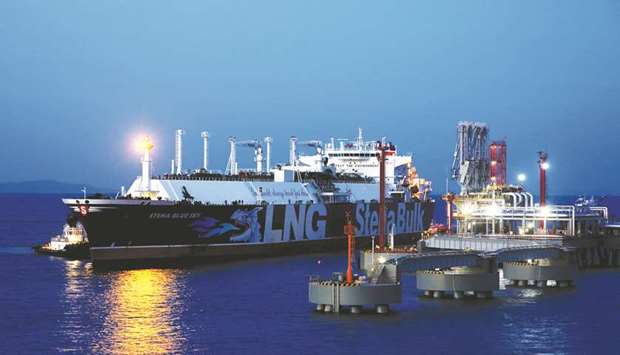
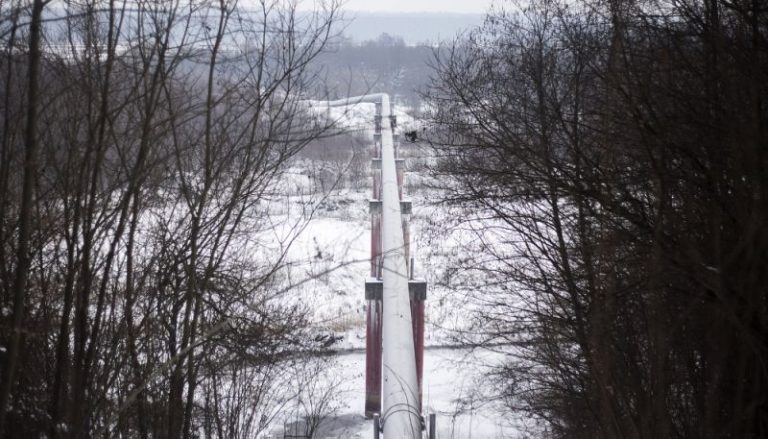
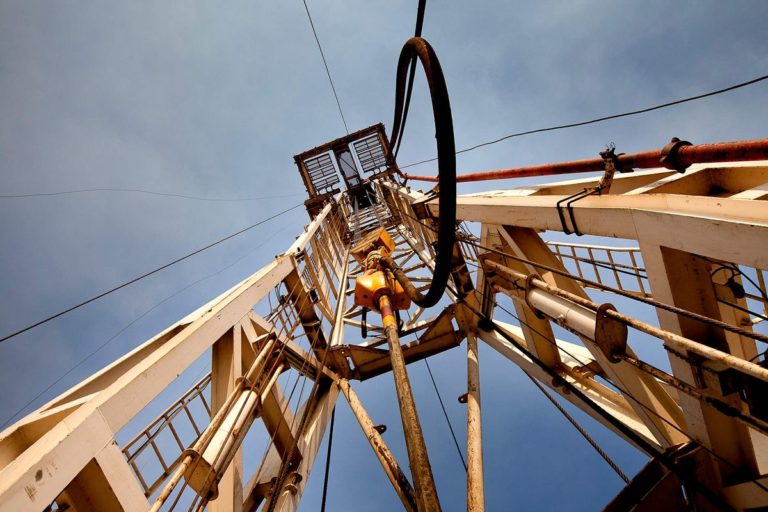

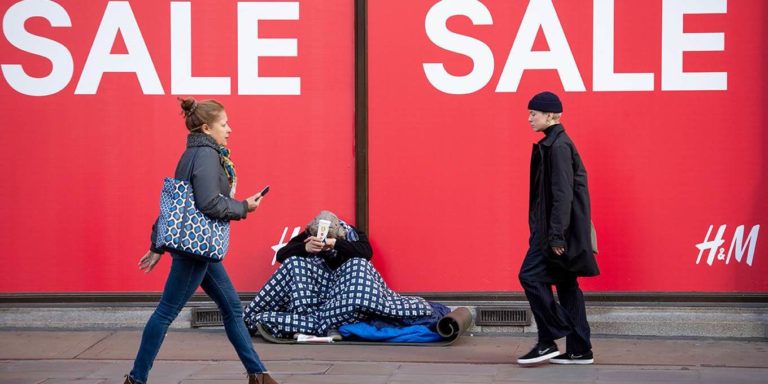
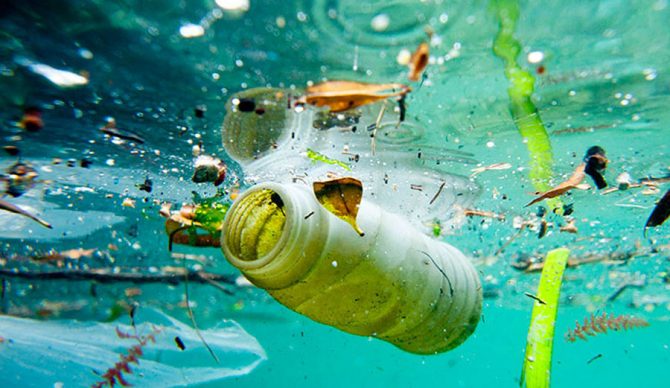

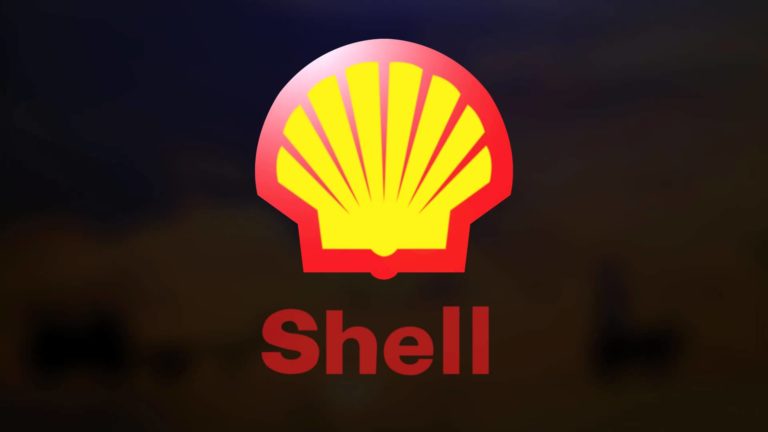






MILAN – About a decade ago, the Commission on Growth and Development (which I chaired) published a report that attempted to distill 20 years of research and experience in a wide range of countries into lessons for developing economies. Perhaps the most important lesson was that growth patterns that lack inclusiveness and fuel inequality generally fail.
The reason for this failure is not strictly economic. Those who are adversely affected by the means of development, together with those who lack sufficient opportunities to reap its benefits, become increasingly frustrated. This fuels social polarization, which can lead to political instability, gridlock, or short-sighted decision-making, with serious long-term consequences for economic performance.
There is no reason to believe that inclusiveness affects the sustainability of growth patterns only in developing countries, though the specific dynamics depend on a number of factors. For example, rising inequality is less likely to be politically and socially disruptive in a high-growth environment (think a 5-7% annual rate) than in a low- or no-growth environment, where the incomes and opportunities of a subset of the population are either stagnant or declining.
The latter dynamic is now playing out in France, with the “Yellow Vest” protests of the last month. The immediate cause of the protests was a new fuel tax. The added cost was not all that large (about $0.30 per gallon), but fuel prices in France were already among the highest in Europe (roughly $7 per gallon, including existing taxes).
Although such a tax might advance environmental objectives by bringing about a reduction in emissions, it raises international competitiveness issues. Moreover, as proposed, the tax (which has now been rescinded) was neither revenue-neutral nor intended to fund expenditures aimed at helping France’s struggling households, especially in rural areas and smaller cities.
In reality, the eruption of the Yellow Vest protests was less about the fuel tax than what its introduction represented: the government’s indifference to the plight of the middle class outside France’s largest urban centers. With job and income polarization having increased across all developed economies in recent decades, the unrest in France should serve as a wake-up call to others.
y most accounts, the adverse distributional features of growth patterns in developed economies began about 40 years ago, when labor’s share of national income began to decline. Later, developed economies’ labor-intensive manufacturing sectors began to face increased pressure from an increasingly competitive China and, more recently, automation.
For a time, growth and employment held up, obscuring the underlying job and income polarization. But when the 2008 global financial crisis erupted, growth collapsed, unemployment spiked, and banks that had been allowed to become too large to fail had to be bailed out to prevent a broader economic meltdown. This exposed far-reaching economic insecurity, while undermining trust and confidence in establishment leaders and institutions.
To be sure, France, like a number of other European countries, has its share of impediments to growth and employment, such as those rooted in the structure and regulation of labor markets. But any effort to address these issues must be coupled with measures that mitigate and eventually reverse the job and income polarization that has been fueling popular discontent and political instability.
So far, however, Europe has failed abysmally on this front – and paid a high price. In many countries, nationalist and anti-establishment political forces have gained ground. In the United Kingdom, widespread frustration with the status quo fueled the vote in 2016 to leave the EU, and similar sentiment is now undermining the French and German governments. In Italy, it contributed to the victory of a populist coalition government. At this point, it is difficult to discern viable solutions for deepening European integration, let alone the political leadership needed to implement them.
The situation is not much better in the United States. As in Europe, the gap between those in the middle and at the top of the income and wealth distribution – and between those in major cities and the rest – is growing rapidly. This contributed to voters’ rejection of establishment politicians, enabling the victory in 2016 of US President Donald Trump, who has since placed voter frustration in the service of enacting policies that may only exacerbate inequality.
In the longer term, persistent non-inclusive growth patterns can produce policy paralysis or swings from one relatively extreme policy agenda to another. Latin America, for example, has considerable experience with populist governments that pursue fiscally unsustainable agendas that favor distributional components over growth-enhancing investments. It also has considerable experience with subsequent abrupt shifts to extreme market-driven models that ignore the complementary roles that government and the private sector must play to sustain strong growth.
Greater political polarization has also resulted in an increasingly confrontational approach in international relations. This will hurt global growth by undermining the world’s ability to modify the rules governing trade, investment, and the movement of people and information. It will also hamper the world’s ability to address longer-term challenges like climate change and labor-market reform.
But to go back to the beginning, the main lessons from experience in developing and now developed economies are that sustainability in the broad sense and inclusiveness are inextricably linked. Moreover, large-scale failures of inclusion derail reforms and investments that sustain longer-term growth. And economic and social progress should be pursued effectively – not with a simple list of policies and reforms, but with a strategy and an agenda that involves careful sequencing and pacing of reforms and devotes more than passing attention to the distributional consequences.
The hard part of constructing inclusive growth strategies is not knowing where you want to end up so much as figuring out how to get there. And it ishard, which is why leadership and policymaking skill play a crucial role.